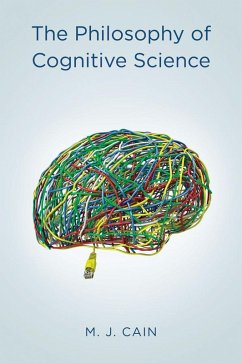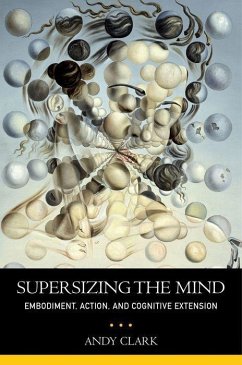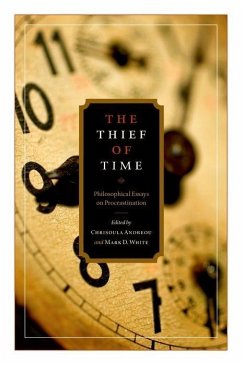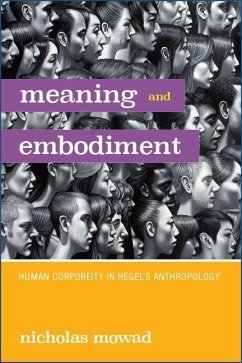Nicht lieferbar
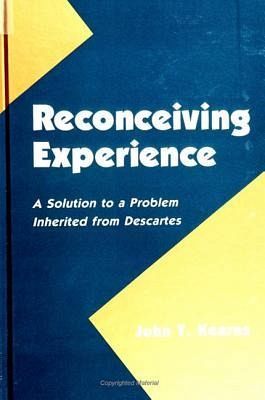
Reconceiving Experience
A Solution to a Problem Inherited from Descartes
Versandkostenfrei!
Nicht lieferbar
Presents a new framework for understanding language, thought, and experience, and for carrying out research. Kearns investigates representation and intentional activity to determine how experience contributes to propositional thought and belief, and how experience is based on neural states and events. This speech-act theory shows using language to be intentional (purposive) activity which cannot be explained computationally or causally. Learning language makes propositional thinking possible and provides conceptual structure to experience. The account of language and its acquisition sheds ligh...
Presents a new framework for understanding language, thought, and experience, and for carrying out research. Kearns investigates representation and intentional activity to determine how experience contributes to propositional thought and belief, and how experience is based on neural states and events. This speech-act theory shows using language to be intentional (purposive) activity which cannot be explained computationally or causally. Learning language makes propositional thinking possible and provides conceptual structure to experience. The account of language and its acquisition sheds light on further issues such as reference and proper names, the difference between syllogistic and modern logic, and the paradoxes of self-reference. As for experience, the nonrelational analysis of representing explains our awareness of the world, which doesn't give us access to the world, and our access, which isn't provided by awareness. Reconceiving Experience presents a new framework for understanding language, thought, and experience, and for carrying out research.






